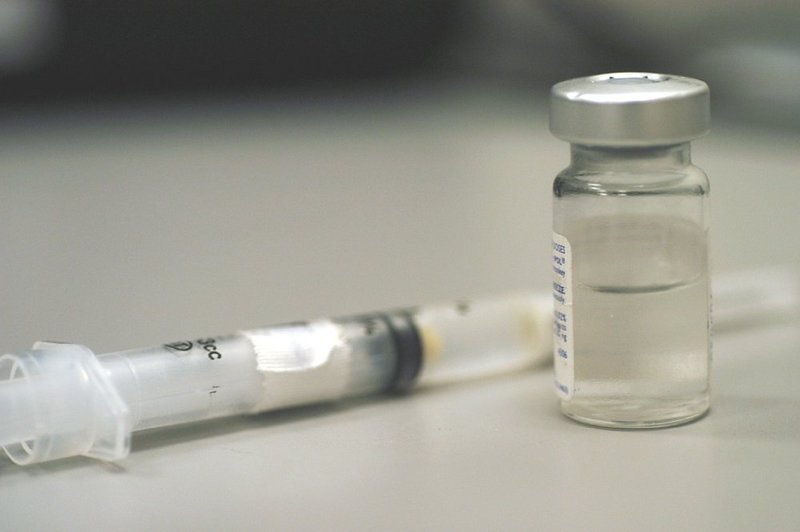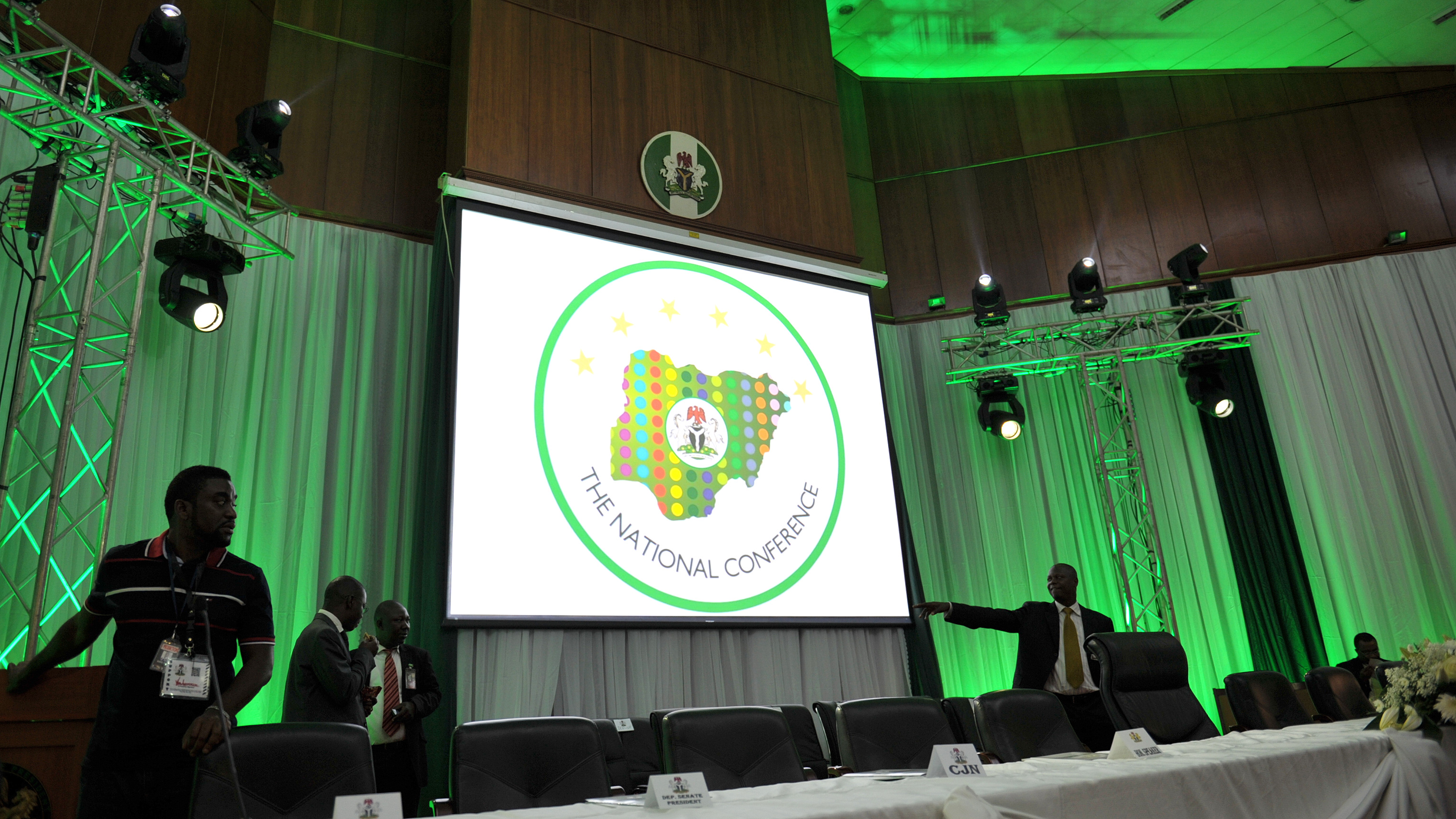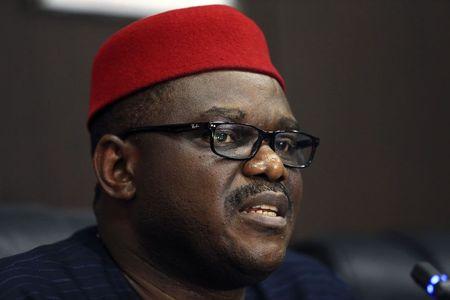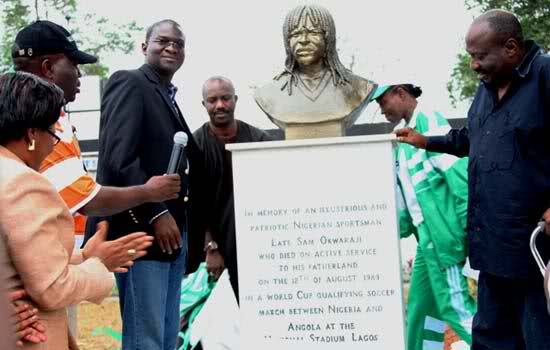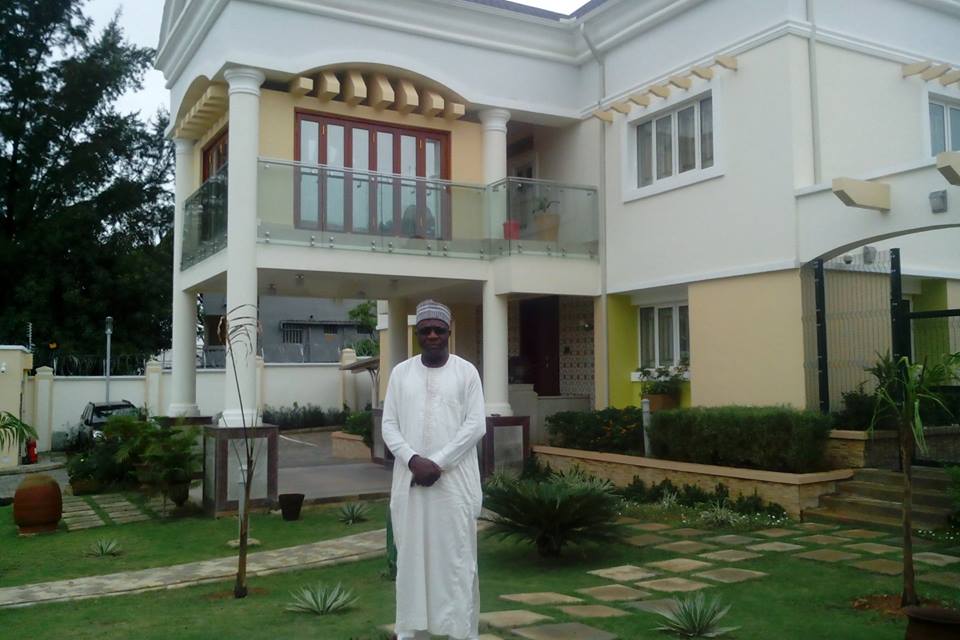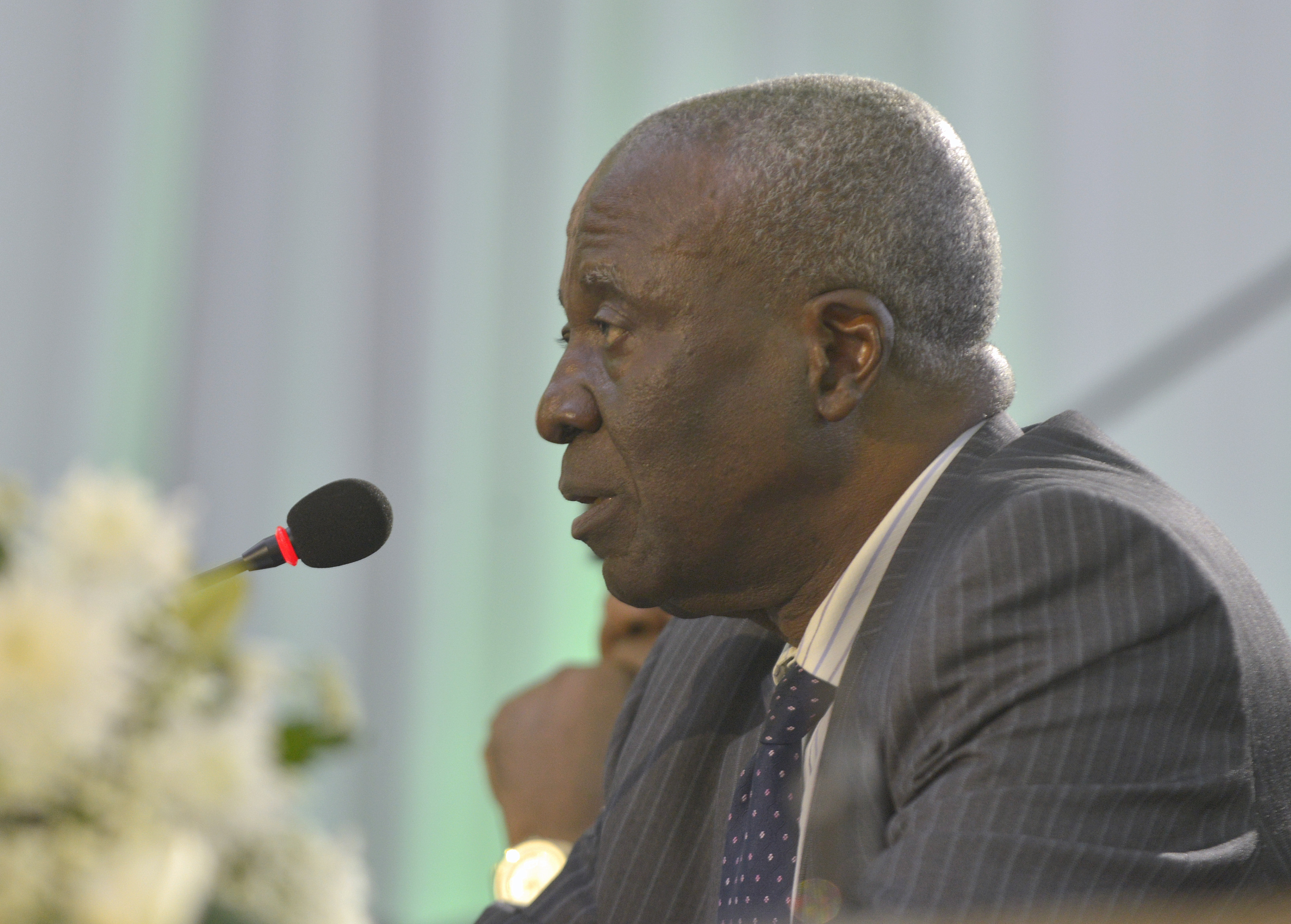About 1,000 doses of an experimental Ebola vaccine will be donated to the World Health Organisation (WHO) by Canada.
Although this is considered inadequate to tackle a virus that has killed over 1,000 persons in four West African countries, it is the best the country can do as the drug is yet to be mass-produced.
Canada will keep back a small quantity in the event of infections in the country.
The Canadian government only has about 1,500 animal doses of the vaccine, which will take four to six months to make in large quantity, Dr. Greg Taylor, deputy chief public health officer of the Public Health Agency of Canada, told Reuters.
Advertisement
The government’s vaccine is different from the treatment being developed by a Canadian company, Tekmira Pharmaceuticals Corp.
WHO had said on Tuesday that it was ethical to offer untested drugs to those infected by the virus.
It had only been tried on animals in a controlled laboratory experiment and has never been used in an environment where there is an outbreak.
Advertisement
Reuters quoted as saying the vaccine “is a global resource”.
EBOLA CASES AND DEATHS
| COUNTRY | CASES | DEATHS |
|---|---|---|
| GUINEA | 506 | 373 |
| SIERRA LEONE | 730 | 315 |
| LIBERIA | 599 | 323 |
| NIGERIA | 13 | 3 |
The US is also developing a vaccine, in addition to the ZMapp experimental drug which the manufacturers said has been exhausted after it was administered on a few patients.
The Canadian vaccine, which the agency licensed for commercialisation to US firm BioProtection Systems, a unit of Newlink Genetics, has been effective in animals but has never been tested in humans, Taylor said.
Last week, Iowa-based NewLink said that BioProtection had a contract with the U.S. Department of Defense for studies to bring the Canadian Ebola vaccine closer to human testing.
Advertisement
“We’ve been trying to figure out how we can make a contribution in the fight against this disease and get our vaccine into the clinic,” Brian Wiley, NewLink vice-president of business development, told Reuters on Tuesday.
“A large amount of work still needs to be done, but when there is a dire need the powers that be move at a quicker pace.”
Taylor did not specify which of several US vaccines in development he was referring to that may be used in Africa along with the Canadian vaccine.
Profectus BioSciences of Tarrytown, New York, has tested its Ebola vaccine in monkeys with good results, its chief science officer John Eldridge said on Tuesday.
Still, deciding whether to use an experimental drug on humans is “very difficult,” Taylor said.
Advertisement
“You really don’t know how safe it is, you don’t know what the side effects are going to be. But in this extraordinary circumstance in Africa right now, we’re trying to do everything we can to assist.”
The first doses in Africa would likely be available to health care workers, Taylor said.
Advertisement
The Public Health Agency of Canada was also involved in the development of ZMapp, an experimental Ebola treatment licensed by U.S. firm Mapp Biopharmaceutical that has been used to treat two infected American aid workers. Liberia said on Tuesday it will get Mapp’s drug to treat two doctors.
*Featured photo is purely illustrative
Advertisement
Add a comment
